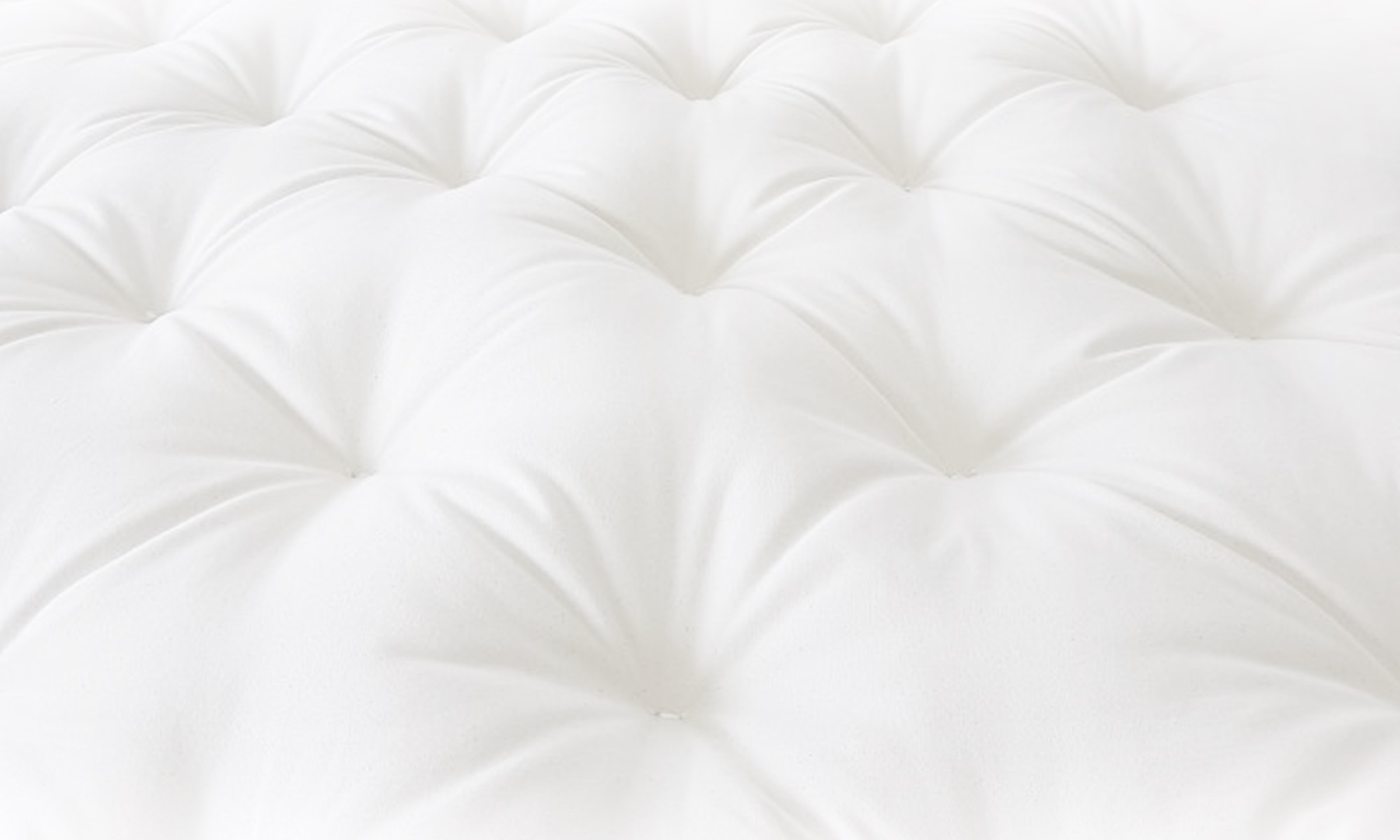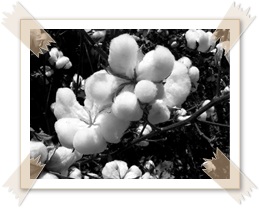How Is Organic Cotton Grown?
Organic cotton is grown using methods and materials that have a low impact on the environment. Organic production systems replenish and maintain soil fertility, reduce the use of toxic and persistent pesticides and fertilizers, and build biologically diverse agriculture.
Third-party certification organizations verify that organic producers use only methods and materials allowed in organic production.

Using Certified Organic Cotton Helps Create A Chemical-Free Environment
Besides the NOTICEABLE HEALTH BENEFITS most people experience, there are many other advantages from sleeping with organic cotton bedding.
Read about our personal EXPERIENCE WITH MULTIPLE CHEMICAL SENSITIVITY and why we decided to produce our own fabric products using Certified Organic Cotton.
Read the short list of benefits below…
- If you have allergies or are sensitive to chemicals, purchasing an organic cotton mattress or futon will help you get a good nights rest, away fron the chemicals that make you feel sick .
- Organic cotton absorbs moisture from our bodies more efficiently than synthetic products, helping eliminate excessive sweating experienced by some people when using synthetic and synthetic blends in bedding and bedlinen.
- Organic cotton mattresses and futons ‘breathe’ which helps eliminate moisture retention and allows the mattress to remain dry or to dry quickly thus avoiding mould or mildew.
This ‘breathing’, together with the soft Suede Flannel fabric sorrounding the organic mattress or futon also reduces dust mite problems (these annoying and allergy causing little creatures prefer warm, moist conditions).
- The mattress retains its clean natural state, allowing skin to breathe which encourages a deeper and more restful nights sleep.
- Besides the health benefits that you will enjoy from your organic cotton sheets, quilts and pillows there are other environmental advantages to organic cotton bedding.
- When you purchase organic cotton bedding and bedlinen, you support the organic farming industry. This encourages agricultural methods that do not harm the environment. You also help to reduce the amount of potentially harmful chemical compounds in the air.
- Buying ertified organic products help contribute to a recycling strategy. Organic materials decompose naturally back into the soil without leaving behind harmful toxins.
Buying certified and genuine organic cotton products are one more step towards living in an eco friendly world.
The production of every certified organic product is strictly monitored during each phase, and the processes used are much more environmentally friendly than any other production method currently employed on the planet today.
Buying organic ensures a better chance for the long term health of our world by utilising sustainable farming practises, WITHOUT the use of unnecessary and allergy causing chemicals.
Your children will thank you for it!


